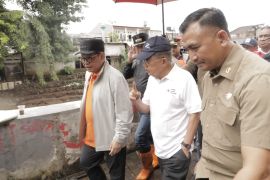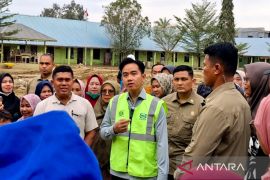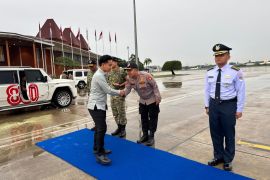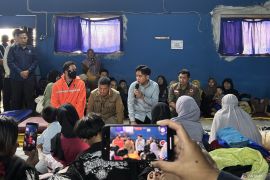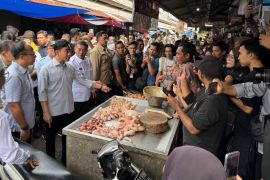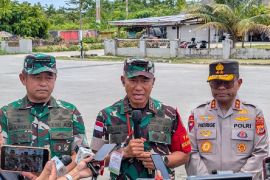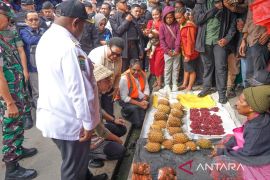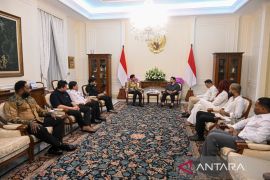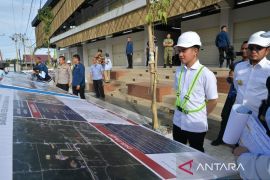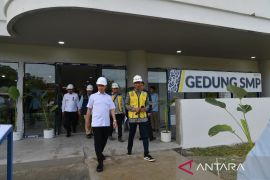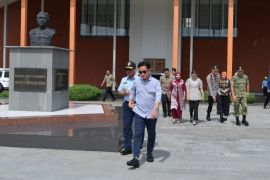"It (Lapindo) needs to do it so that it can pay its debt to the government. It is the only way it would be able to fulfill its obligation. Therefore, it must carry out drilling. If SKK Migas (regulator) issues a permit, that would mean it is safe," he said here on Friday.
The government helped the company with a bailout to pay compensation to the people affected by mud eruption caused by its drilling activities in Banjar Panji I well in 2006.
To prevent any such recurrence, Vice President Jusuf Kalla hoped that the company would learn from its past mistakes when it plans drilling at the new Tanggulangin I well.
"It was indicated that there were mistakes in the companys drilling methods. Therefore, I said if SKK Migas allows drilling, it would mean that it is safe to do so and drilling can be carried out," he said.
Land filling and solidification would be carried out before any drilling is carried out at the Tanggulangin I well.
The drilling should have started in 2012 but had to be delayed because of protests by people in the villages of Kedung Banteng and Banjar Asri.
The drilling is needed to meet the needs of gas for households in Surabaya, the capital of East Java, and the district of Sidoarjo to support the implementation of the governments household gas or "City Gas" program. The gas for this government program is to be supplied from this well.
Lapindo has reiterated that drilling would be carried out soon because the current gas production has declined in addition to the governments demand (SKK Migas) to increase production to meet the gas needs of people in East Java and its surrounding areas.
Hundreds of police personnel from the East Java regional command have been guarding the site after the project was rejected by a number of people.(*)
Editor: Heru Purwanto
Copyright © ANTARA 2016
